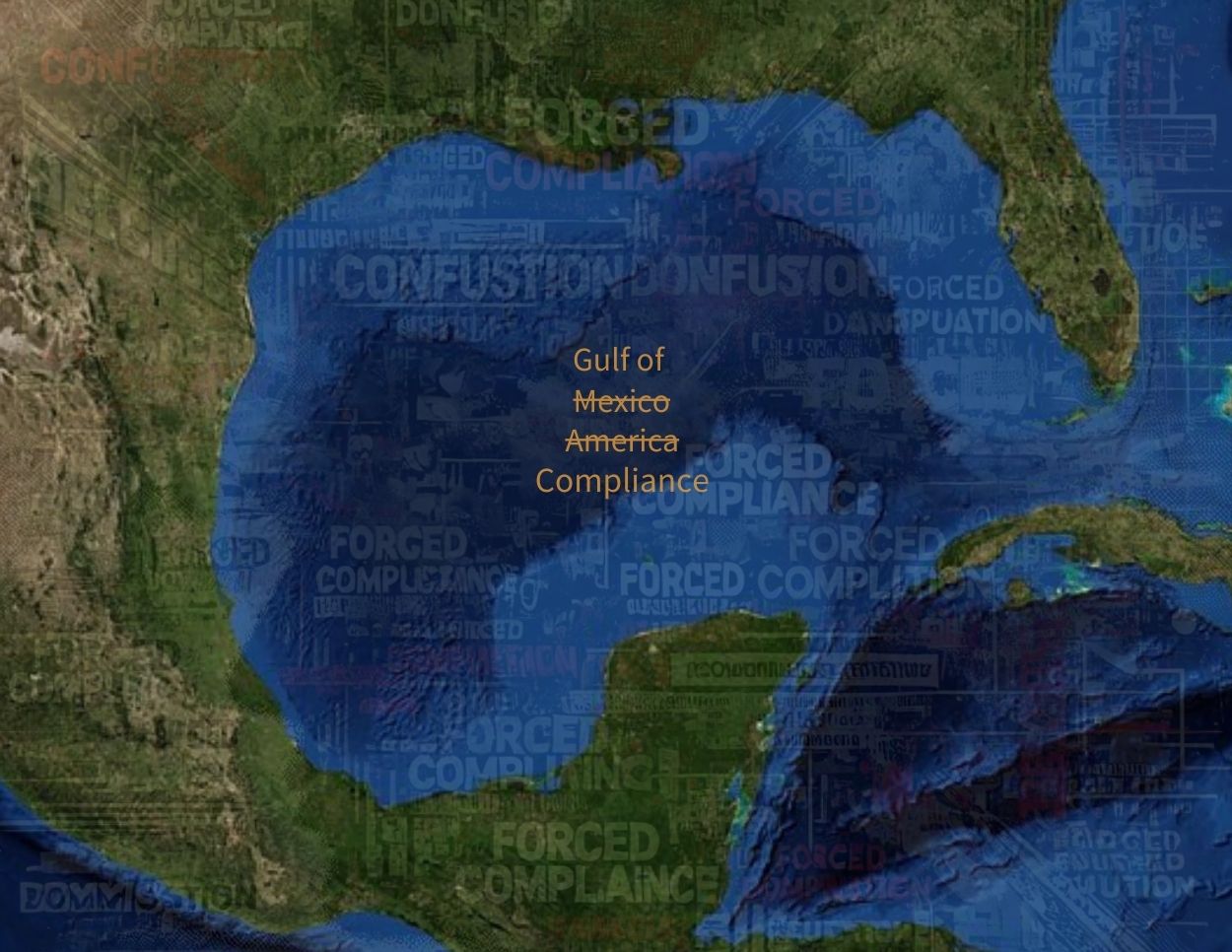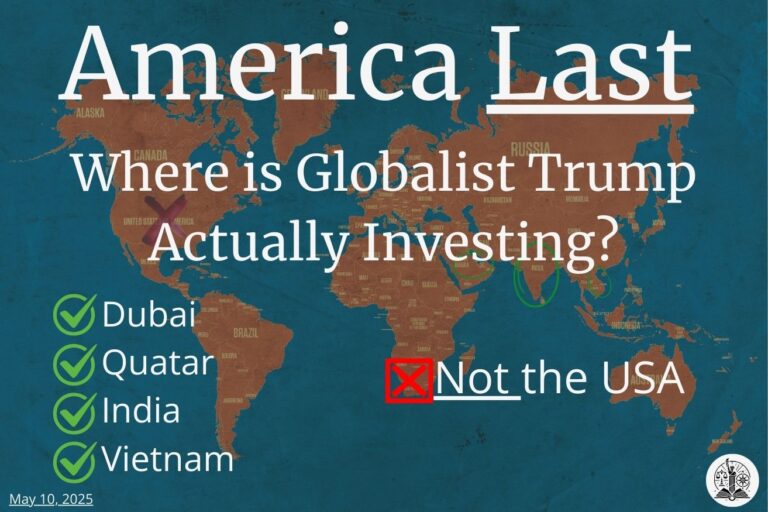Trump’s “Gulf of America” Order: A Loyalty Test in Disguise
Note – this was initially a post on Facebook, copied and reformatted to this website.
The Executive Order and Its Implications
Yesterday, President Donald Trump signed a series of executive orders, including one renaming the Gulf of Mexico to the Gulf of America. This body of water has been called the Gulf of Mexico for over 400 years, recognized in international maps, history books, and scientific research.
At first glance, this move may seem absurd or laughable—a petty rebranding with no real impact. However, the reality is far more troubling. This renaming is a calculated loyalty test designed to divide the country, enforce obedience, and identify those who refuse to fall in line.
This order is not just about maps and geography. It is a direct challenge to government officials, businesses, educators, and everyday Americans—to see who will comply and who will resist. If people accept this change without resistance, it sets a dangerous precedent for future demands for ideological loyalty.
How the Name Change Serves as a Loyalty Test
The order creates real consequences for those who refuse to comply, impacting multiple areas of American life—from government agencies to businesses, schools, and even casual conversations.
1. Purging “Disloyal” Government Workers
- Federal employees, including military officers and agency staff, are expected to use “Gulf of America” in all official reports, documents, and conversations.
- Those who continue calling it the “Gulf of Mexico” may be viewed as defiant and resistant.
- Over time, this serves as a way to identify and remove individuals who are not fully aligned with Trump’s leadership.
2. Businesses and Federal Contractors Forced to Comply
- Any company working with the federal government—whether in defense, consulting, or education—will be required to update all materials to reflect the name change.
- Failing to comply will put federal contracts at risk, forcing businesses to adopt the change regardless of personal or corporate beliefs.
- Over time, pressure will extend into the private sector, making noncompliance increasingly difficult.
3. Everyday Conversations Become Political
- Even outside government and business, the words people use will signal political allegiance.
- Saying “Gulf of Mexico” could mark someone as opposing Trump.
- Saying “Gulf of America” could be seen as a show of loyalty.
- This creates a new way to divide Americans, turning even casual conversations into political battlegrounds.
4. Schools and Teachers Under Pressure
- Republican-led states are likely to require schools to use “Gulf of America” in classrooms.
- Teachers who refuse to comply could face disciplinary action or termination.
- Those who continue using “Gulf of Mexico” may be labeled as uncooperative, risking backlash from parents, school boards, or state officials.
The Power of Language: Historical Parallels
This isn’t just about renaming a body of water—throughout history, controlling language has been a tool for enforcing political power.
- Soviet Russia (Stalin Era) – Failing to use approved government terminology marked people as political enemies, often leading to punishment or exile.
- Nazi Germany – Renaming cities and institutions helped eliminate opposing ideologies and reinforce state propaganda.
- Mao’s China – The government controlled language to erase opposition and enforce Communist ideology.
- George Orwell’s 1984 – The concept of Newspeak showed how controlling language shapes thought and limits dissent.
By forcing people to say “Gulf of America,” Trump isn’t just changing a name—he is testing obedience, identifying opposition, and reshaping reality.
Why This Matters: The Next Step in Compliance
This executive order is a gateway to further control. If people and institutions accept this change without resistance, future demands for loyalty will be even easier to enforce.
This move is designed to:
- Sort people into “loyal” vs. “disloyal” groups
- Identify and remove those who resist
- Make future ideological demands more enforceable
Once compliance becomes a habit, bigger shifts will follow. If the government can force people to accept changes like this, what stops them from demanding even greater ideological conformity?
Final Thoughts: This Is About Power, Not Geography
This is not just about renaming a body of water—it is about establishing control. Power, once consolidated, is rarely given up easily.
- This is a test of obedience—who follows the order and who resists?
- This is a political sorting mechanism—dividing Americans into those who comply and those who do not.
- This is a dangerous precedent—showing that language and reality itself can be reshaped by political authority.
If this renaming effort succeeds without resistance, it will not be the last.







